Ibogaine
$280.00 Original price was: $280.00.$250.00Current price is: $250.00.

Ibogaine is a naturally occurring psychoactive substance that is derived from the root bark of the Tabernanthe iboga plant, native to West Central Africa. It has been used for centuries by indigenous peoples in rituals and ceremonies for its spiritual and healing properties.

Ibogaine
Ibogaine is a naturally occurring psychoactive substance that is derived from the root bark of the Tabernanthe iboga plant, native to West Central Africa. It has been used for centuries by indigenous peoples in rituals and ceremonies for its spiritual and healing properties. In recent years, it has gained attention for its potential therapeutic effects in the treatment of addiction and other psychiatric conditions.
Chemically, ibogaine belongs to a class of compounds known as tryptamines. It acts as a potent agonist at various receptors in the brain, including the serotonin 5-HT2A receptor, the NMDA receptor, and the kappa-opioid receptor. These interactions are believed to be responsible for its complex pharmacological effects.
buy Ibogaine
One of the most well-known properties of ibogaine is its ability to interrupt drug addiction. It has been reported to alleviate withdrawal symptoms and cravings associated with substances such as opioids, cocaine, and alcohol. The exact mechanisms underlying this effect are not fully understood, but it is thought to involve both the direct pharmacological actions of ibogaine and its ability to induce introspective and reflective states of consciousness.
Ibogaine For sale
Ibogaine is typically administered orally in the form of a capsule or a tea. The experience induced by ibogaine can be intense and prolonged, lasting up to 24-48 hours. During this time, individuals often report a range of effects, including visual hallucinations, introspection, emotional catharsis, and a sense of spiritual connection. These experiences are often described as “visions” or “dream-like” and can be highly personal and transformative.
It is important to note that ibogaine carries certain risks and should only be administered under strict medical supervision. It has been associated with potentially serious cardiovascular effects, such as changes in heart rhythm and blood pressure. Therefore, individuals with pre-existing heart conditions or other medical contraindications may not be suitable candidates for ibogaine therapy. Additionally, ibogaine can interact with certain medications, including antidepressants and opioids, which may increase the risk of adverse effects.
Ibogaine Near me
Despite these risks, there is growing interest in the potential therapeutic applications of ibogaine. Research suggests that it may have a unique ability to target the underlying neurobiological mechanisms of addiction, leading to sustained abstinence and reduced cravings. Some studies have reported high success rates in the treatment of opioid dependence, with individuals experiencing long-lasting improvements in both physical and psychological well-being.
In addition to its anti-addictive properties, ibogaine has also shown promise in the treatment of other psychiatric conditions. It has been explored as a potential treatment for depression, anxiety, post-traumatic stress disorder (PTSD), and even neurodegenerative disorders such as Parkinson’s disease. However, further research is needed to fully understand its efficacy and safety in these contexts.
buy Ibogaine online
The legal status of ibogaine varies across countries. In some places, it is classified as a controlled substance and its use is strictly regulated. However, in certain jurisdictions, it is legally available for religious or research purposes. It is important to consult local laws and regulations before considering ibogaine treatment.
In conclusion, ibogaine is a naturally occurring psychoactive substance with potential therapeutic benefits in the treatment of addiction and psychiatric conditions. While it has shown promise in clinical settings, its use should be approached with caution due to safety concerns. Continued research and clinical trials are necessary to establish its efficacy, safety profile, and optimal treatment protocols.
Certainly! Here are some additional details about ibogaine:
1. Mechanisms of Action: Ibogaine’s pharmacological effects are complex and not fully understood. It is believed to modulate various neurotransmitter systems in the brain, including serotonin, dopamine, and glutamate. By interacting with these receptors, ibogaine may help reset neural pathways that are disrupted by addiction or psychiatric conditions.
2. Neuroplasticity: One proposed mechanism of ibogaine’s therapeutic effects is its ability to enhance neuroplasticity. Neuroplasticity refers to the brain’s capacity to reorganize and form new connections. Ibogaine may promote the growth of new neurons and synapses, leading to changes in brain circuitry that can support recovery from addiction or alleviate symptoms of certain psychiatric disorders.
3. Psychological Effects: Ibogaine experiences are often described as introspective and emotionally intense. Users may confront unresolved traumas, gain insights into their behavior patterns, and experience a sense of personal transformation. Some individuals report a “rebirth” or a newfound clarity and purpose after an ibogaine session.
4. Safety Considerations: Ibogaine therapy carries risks, particularly concerning cardiovascular effects. It can cause changes in heart rhythm and blood pressure, which may be dangerous for individuals with pre-existing heart conditions. Screening for medical suitability and close monitoring during treatment are essential to minimize potential risks. Medical facilities that provide ibogaine treatment typically have protocols in place to manage potential complications.
5. Treatment Duration: Ibogaine treatment is not a one-time “magic bullet” solution. It is often part of a comprehensive treatment program that includes pre-treatment assessments, medical supervision, counseling, and aftercare support. The experience itself typically lasts for a day or two, but the integration of insights gained and ongoing support are crucial for long-term success.
6. Legal Status: The legal status of ibogaine varies worldwide. In some countries, it is classified as a Schedule I controlled substance, making its use illegal. However, there are countries where ibogaine is legally available for religious or research purposes, and some clinics operate in those jurisdictions. It is important to thoroughly research and understand the legal landscape before considering ibogaine treatment.
7. Ongoing Research: Ibogaine continues to be an area of active research. Scientists are exploring its mechanisms of action, refining treatment protocols, and investigating its potential applications beyond addiction, such as depression, anxiety, and neurodegenerative disorders. Clinical trials are underway to gather more data on its safety and efficacy.
8. Integration and Aftercare: The integration of the ibogaine experience into daily life and ongoing aftercare support are crucial components of the treatment process. Counseling, therapy, and participation in support groups can help individuals maintain their progress, address underlying issues, and build a strong foundation for lasting recovery.
It’s important to note that while ibogaine shows promise as a potential therapeutic tool, it is not a universally effective treatment, and individual responses can vary. As with any medical intervention, it is essential to consult with qualified healthcare professionals and make informed decisions based on individual circumstances and needs.
Be the first to review “Ibogaine” Cancel reply
Related products
Bestsellers
Bestsellers
Bestsellers
Bestsellers
Bestsellers
Bestsellers
Bestsellers
Bestsellers
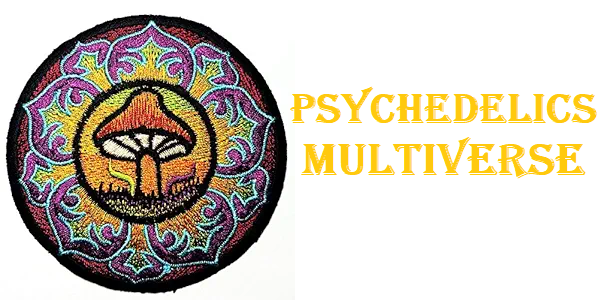

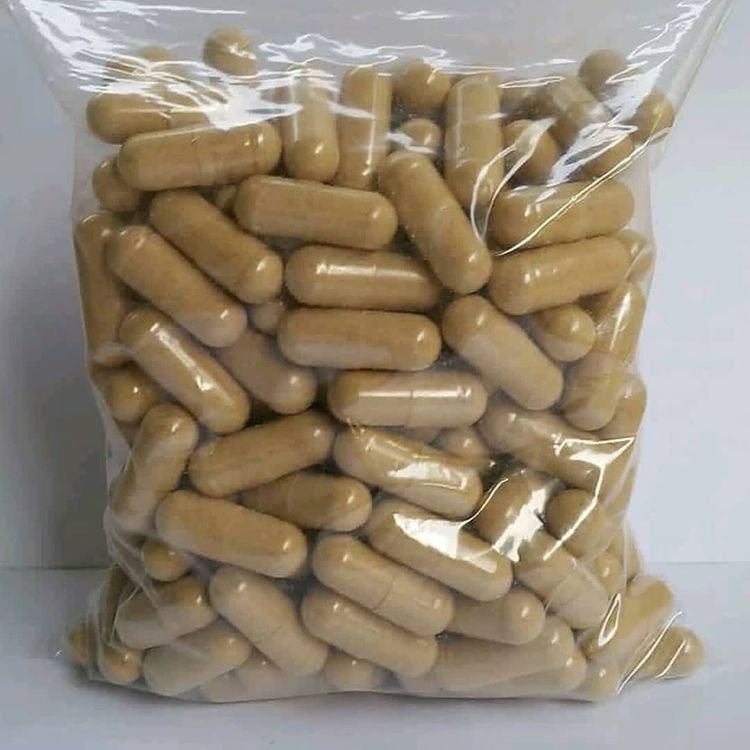

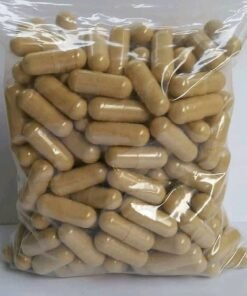
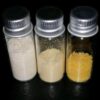
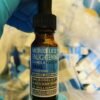






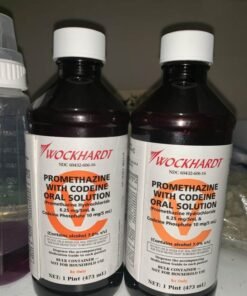



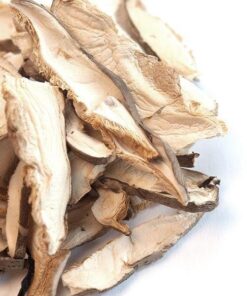

Reviews
There are no reviews yet.